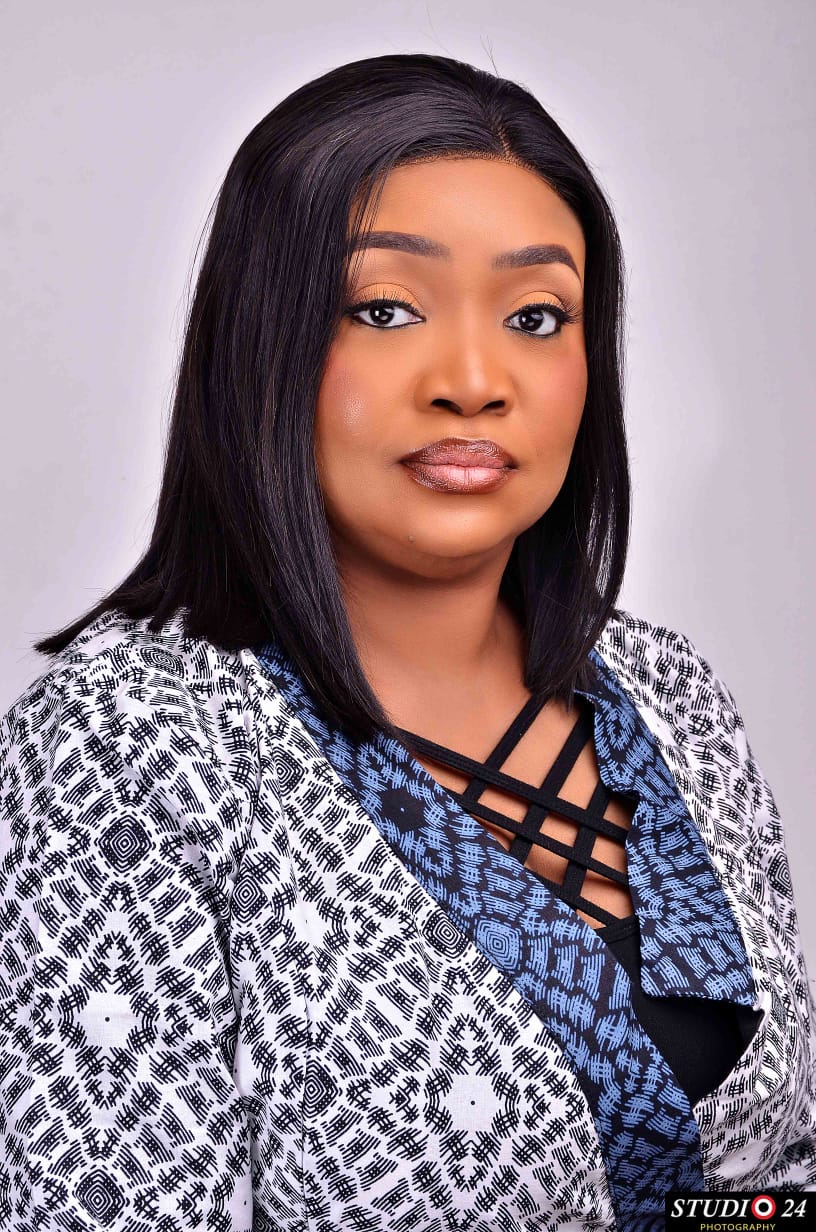By Kingsley Odii
Dolapo Otegbayi, who is currently the Route to Market Transformation Director at FrieslandCampina WAMCO, recently said that, amid economic downturn, many brands are feeling the financial strain caused by reduced spending, both in terms of marketing and other departmental budgets. This, she noted, has led to a shift in marketing strategies and the need for business reevaluation.
“Brands are now investing heavily in traditional media, with some experts suggesting that this change is driven by the current economic climate.”
She made this known while speaking at the MARKETING EDGE Q4 2023 QUARTERLY VIRTUAL SUMMIT with the theme: IMC Trends to Watch Out for in 2024, held recently.
Speaking further on the subject, Dolapo said that performance evaluation plays a crucial role in determining the future of integrated marketing communication execution.
“If brand campaigns fail to meet desired results or key performance indicators, marketing teams may be compelled to revamp their strategies for the upcoming year. Market conditions and competition also play a significant role in shaping marketing approaches. Particularly in low-involvement or highly competitive markets, brands face pressure to maintain profitability and drive consumer engagement,” she said.
Dolapo added that an additional consideration is the impact of global events, geopolitical changes, and regulatory factors on consumer behaviour.
“These external influences can significantly impact the execution of Integrated Marketing Communication for the coming year. With these various factors at play, it is clear that business as usual is no longer an option for brands and agencies,” she said.
The renowned business leader also affirmed that the changing landscape of media consumption further complicates the marketing equation. Rising electricity costs and limited access to affordable data, she emphasised, contribute to a decrease in media availability for both brands and consumers.
“As a result, it is essential for brands to find a balance between media consumption, budget constraints, and consumer preferences,” she noted.
One trend emerging in response to these challenges is a focus on user-generated content, Otegbayi asserted. She said that patforms such as Facebook, TikTok, and Instagram provide opportunities for ordinary Nigerians to showcase their talents and become influencers.
“Rather than relying solely on celebrities, brands are recognizing the potential in harnessing the creativity and passion of everyday Nigerians.”
The dynamic commercial director further noted that consumer promotions and in-market activations are also expected to play a significant role in the marketing landscape.
She said, “With declining penetration and reduced consumer spending, brands are under pressure to deliver a return on investment. Hence, trade discounts, buyer rewards, and other promotions will be essential tools for attracting and retaining customers.”
According to Otegbayi, despite the rise of digital media, traditional channels like radio and outdoor advertising continue to hold relevance. ATL (above-the-line) marketing, which includes advertising through traditional channels, is expected to be even more critical in the coming year. However, integrating all communication platforms will be crucial for effective marketing execution, ensuring that messages reach consumers through multiple channels.
More so, Otegbayi said next year’s Integrated Marketing Communication strategies will need to reflect the current economic challenges and adapt to changing consumer behaviors. Brands, she stressed, must be ready to embrace new approaches, consider user-generated content, and prioritize purposeful engagement to stand out in a crowded market.
“As the industry shifts away from business as usual, it is crucial for brands, agencies, and stakeholders to collaborate and find innovative solutions to navigate the changing marketing landscape,” she added.





Comment
No comments found.